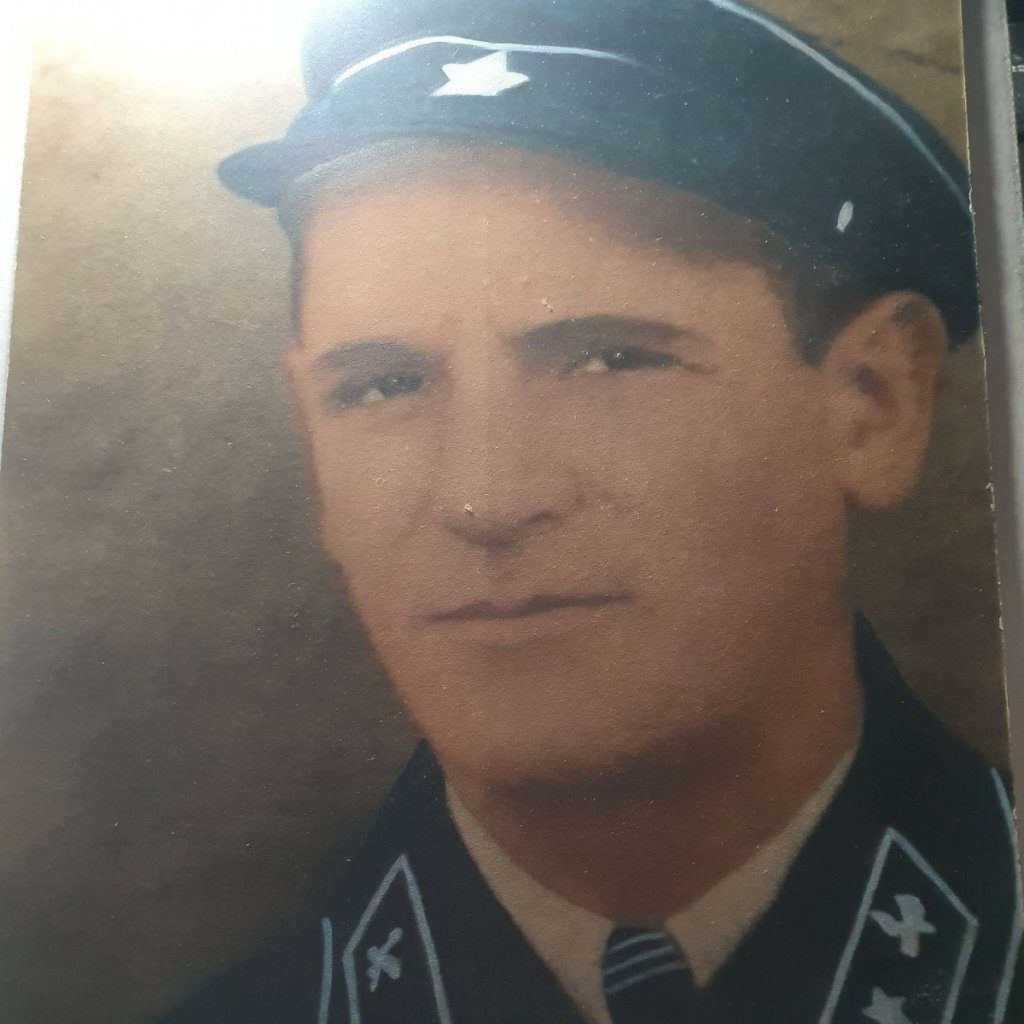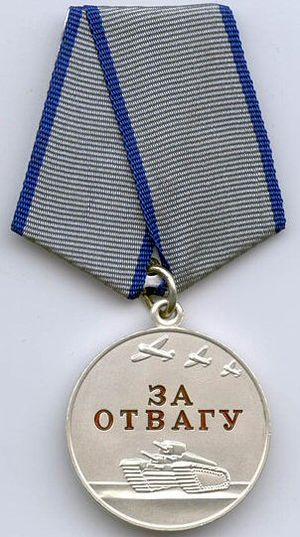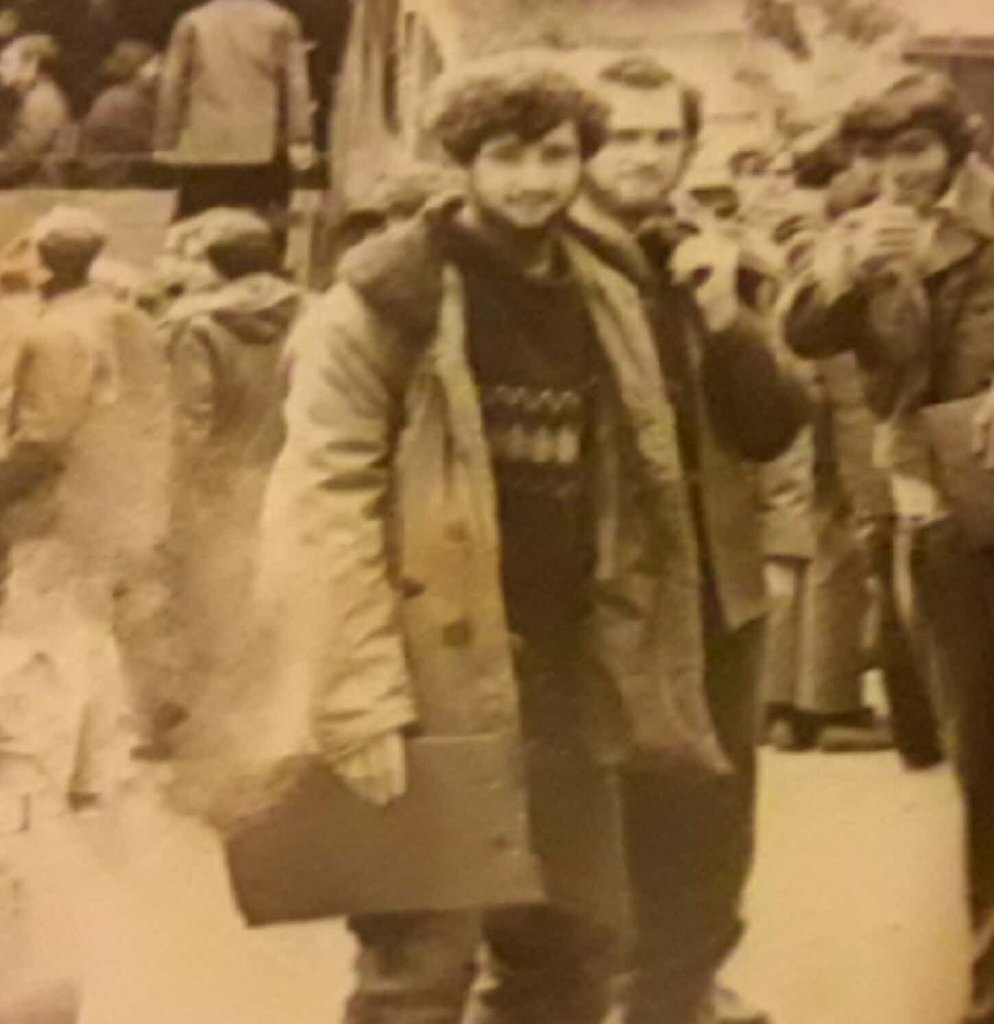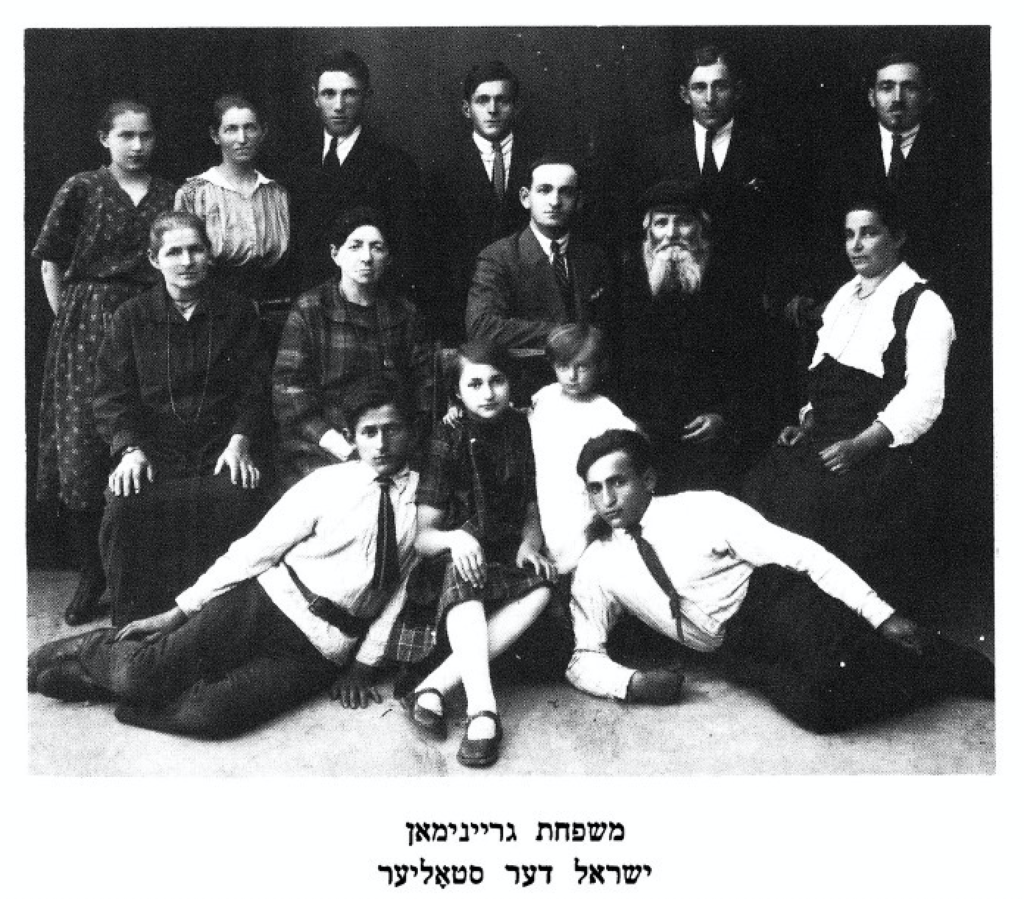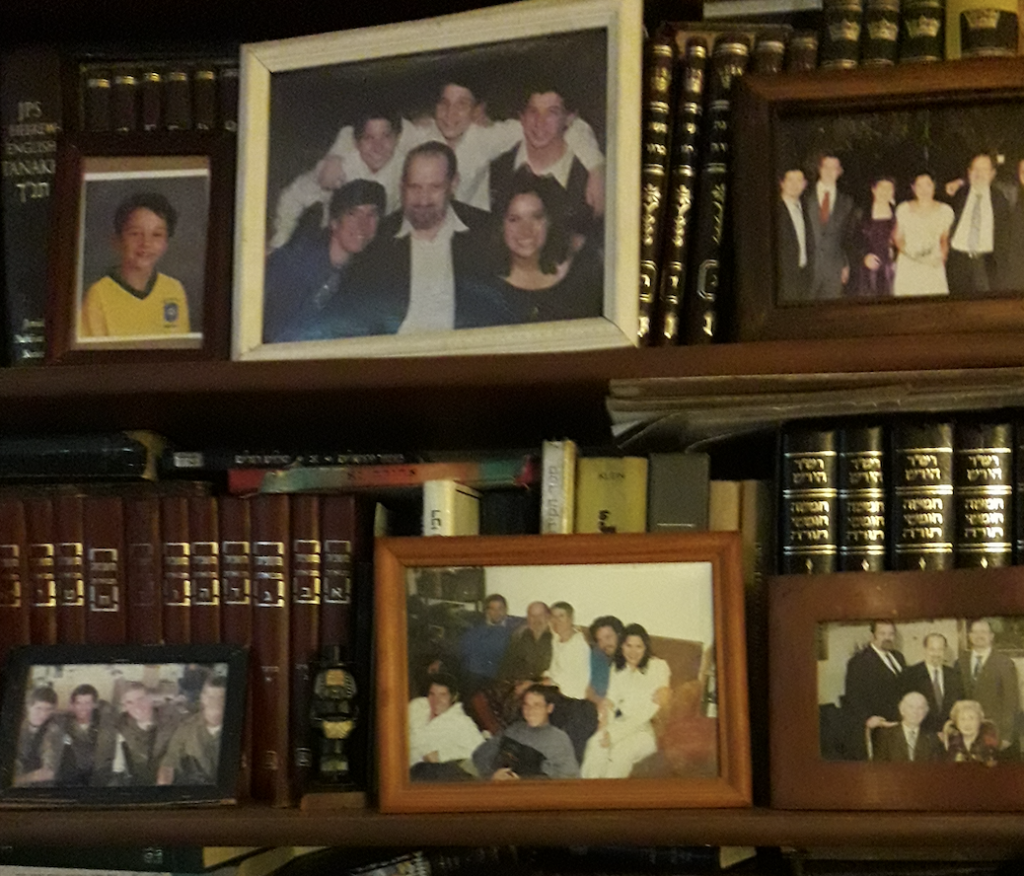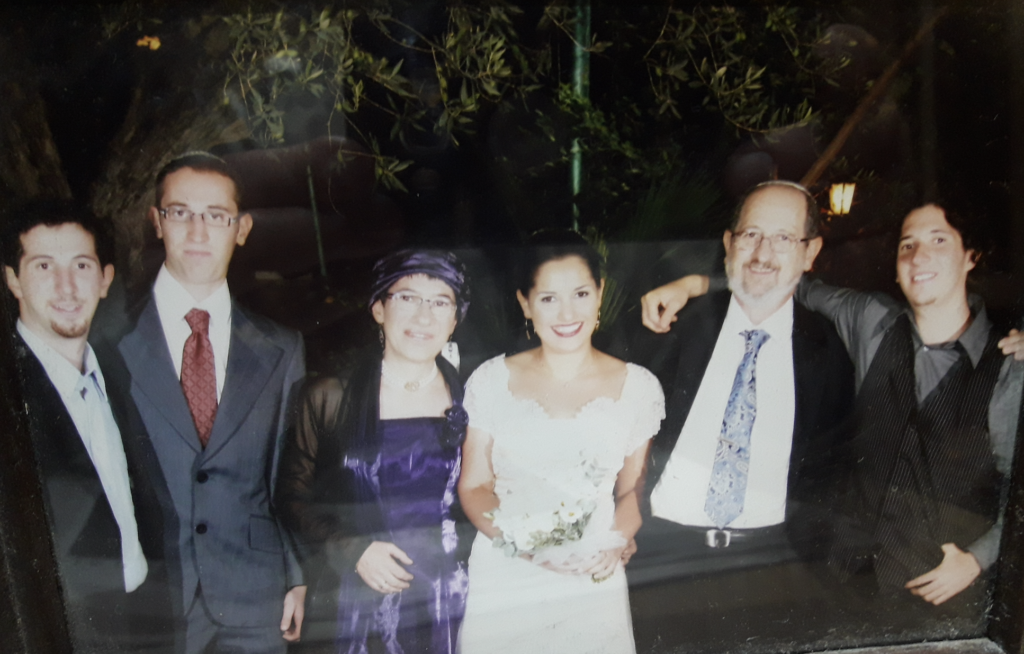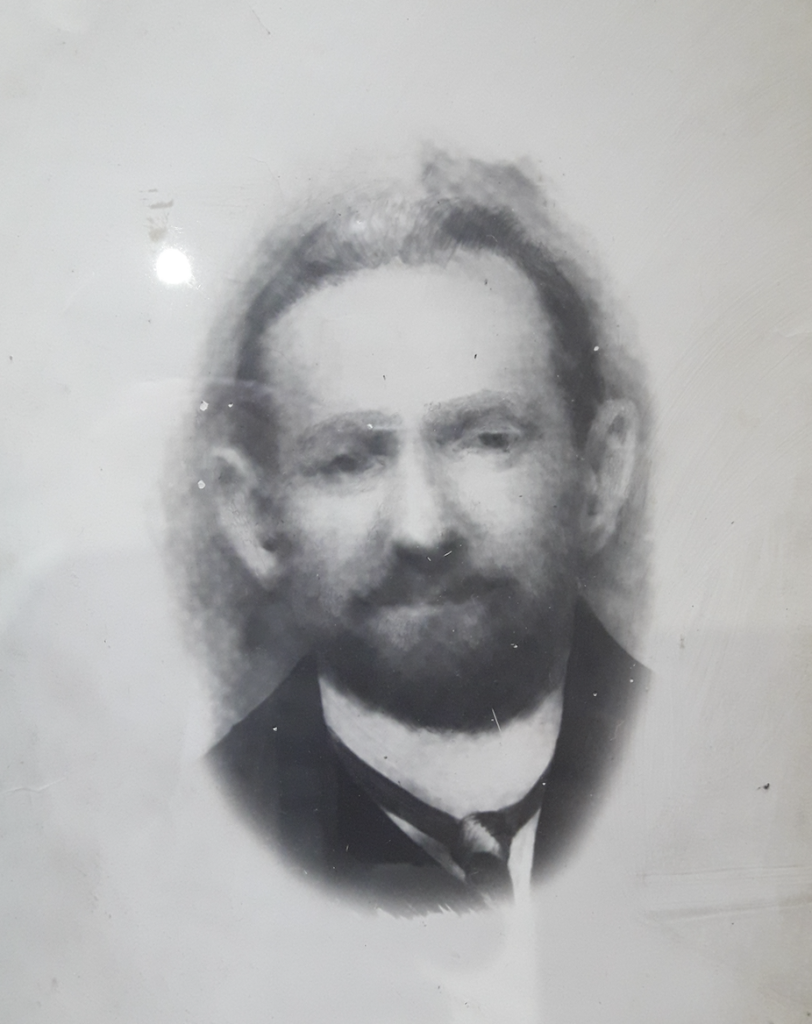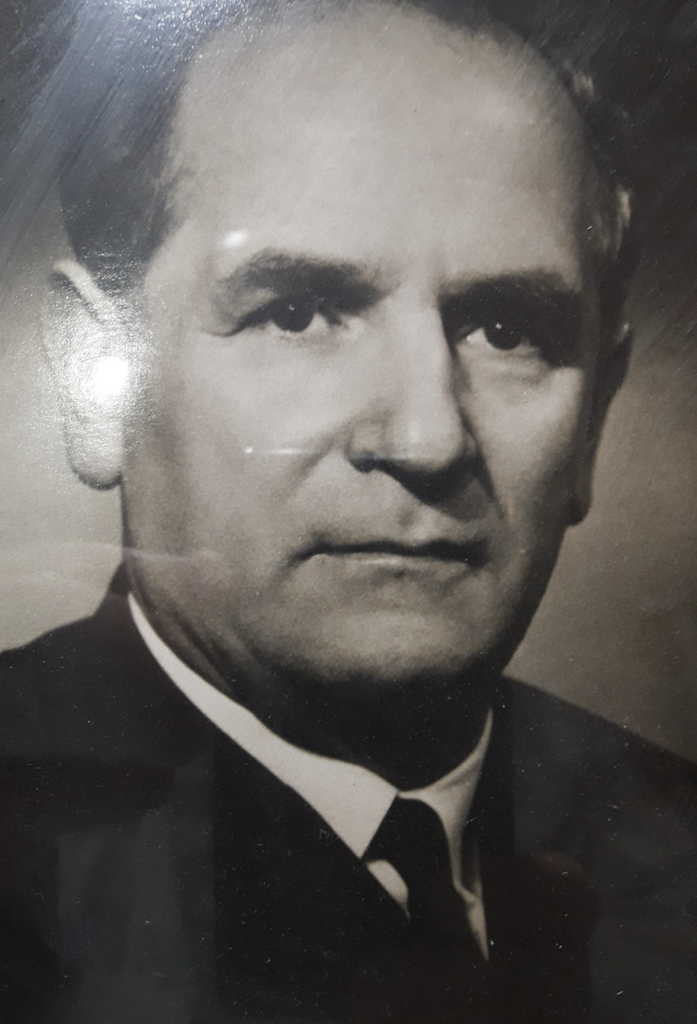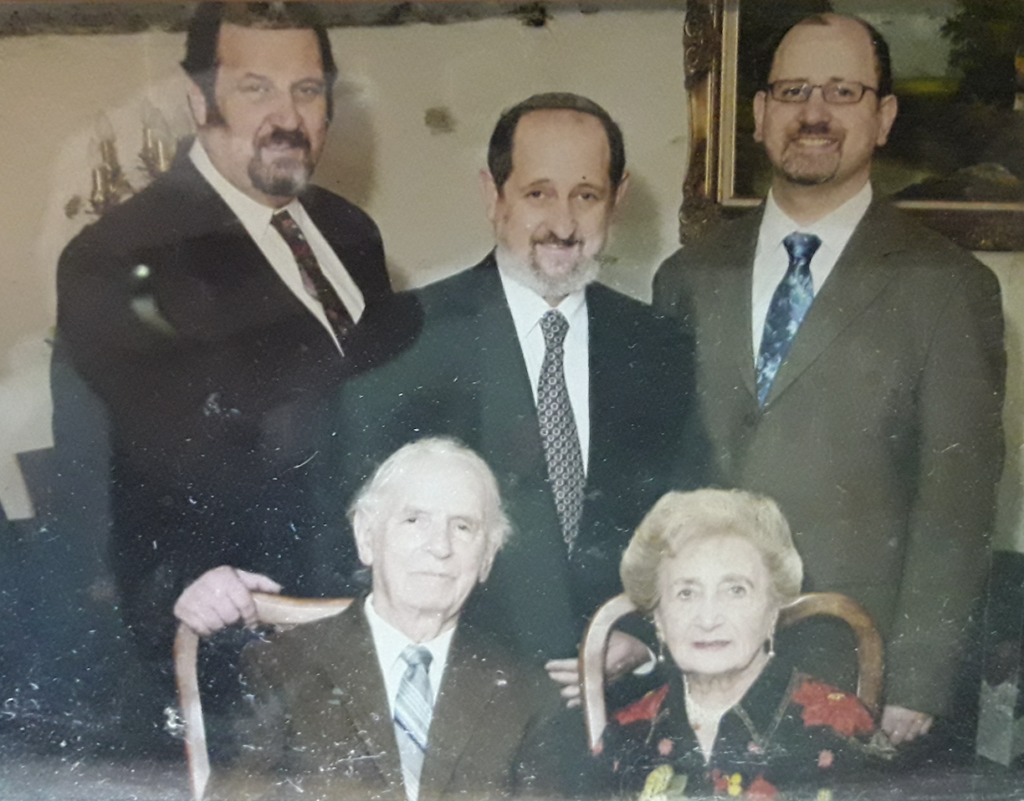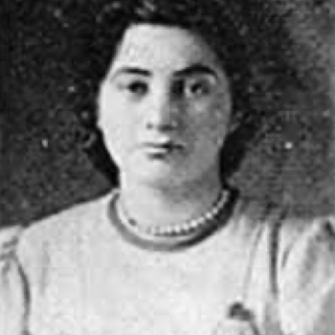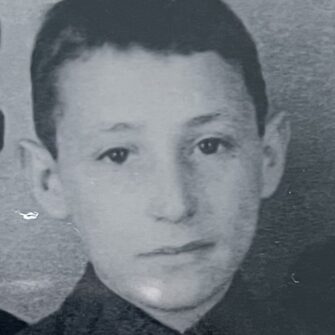Boris Greineman was born in Dizsna, located on the Dvina River, in the Vitebsk region, part of Greater Poland at the time. When Germany and the Soviet Union divided Poland in 1939, Dizsna became part of the area known as Belarus. Boris was born into a very scholarly family. His father, Rabbi Yehiel Greineman, descended from a well-known rabbinic family. He taught Talmud and was very active in the shul. Boris’ mother Shulamit Gelfand, was from Vilna and together they raised nine children; among them brothers Benjamin, Abraham, Mendel, Gedaliah and Fima, and sisters Sonia, Devorah and Zlata. Sonia, the eldest daughter, was a pediatrician who had a obtained a medical degree at Vilna University. The family was prosperous, owning both a jewelry/watchmaking business and a general hardware store.
Although trained as a watchmaker, Boris had a successful business importing, selling and repairing cameras, electrical goods, bicycles and motorbikes – skills that benefited him in his partisan activities. In 1939, he was conscripted into the Soviet Army, serving first in Vileika and then in Bialystock. When the Nazis broke the Molotov Ribbentrop Pact and attacked the Soviet Union in June 1941, he escaped captivity near Bialystock and together with two other Soviet officers, made his way back to Vilieka, a journey of more than 1,000 kilometers, disguised as a peasant. There he was reunited with his brother Fima, whose wife and child had been murdered by the Einsatzgruppen. The two fled to the Naroch forests equipped with arms, and were accepted into the partisan force of Colonel Fyodor Markov.
As members of the Markov Brigade, Boris and Fima were highly valued. Boris constructed a radio and was in charge of communications which allowed the brigade to remain in contact with Moscow. He served as a staff officer until Markov reluctantly accepted his request to establish a separate Jewish partisan unit, which he named “Nekomma”. Nekomma operated as a fully functioning partisan unit for six months until it was disbanded upon the order of the NKVD. Boris then made contact with the Vilna ghetto partisans (UPO) group. He brought more than 200 fighters with him to this group, including famous cultural figures such as the poet Avrom Sutzkever, writer Schmirke Kacginski, artist Alexander Bogen, as well as Jacob Glazman, one of the Bielski brothers, and Abba Kovner’s brother Michael.
Boris was court-marshalled for making contact with the Polish partisans despite tensions between them and the Soviet partisans. After a cease-fire agreement between the Soviets and the Poles he accompanied the departing Polish partisans and implored them to cease attacks against escaping ghetto Jews, to allow the Vilna groups through. Fortunately, he was granted a last minute reprieve and avoided execution. It was his radio contact with Moscow which made it possible to airlift Sutzkever, from the forest, together with important documents – material from the YIVO archives – from the forest.
During a massive German anti-partisan action in 1943, Boris saved many lives by organizing the retreat of his Jewish partisan brigade, and a group of wounded partisan fighters who General Markov had left behind with almost no food or supplies when he had retreated. Boris stepped in, displaying tremendous bravery and leadership, rescuing them and ensuring that most survived. For this, he was awarded the Soviet Medal of Valor after the war.
Shortly after this rescue operation, Boris was wounded in battle (a piece of shrapnel was lodged in his leg and remained there throughout the rest of his life), and changed duties, taking command of an auxiliary support camp. In 1944, he was appointed to an official Soviet position in Minsk.
Boris, and his brother Fima, were the only members of the Greineman family to survive the war. Both left Belarus and returned to Poland where they went into business together in Bialystock. They moved to Paris after about a year, made contact with the Joint Distribution Committee, and immigrated to Melbourne, Australia. There Boris married Chana Himmelschein, a survivor from Warsaw. Together they raised three sons; Rabbi Yehiel Grenimann (married to Debbie), parents of Nehama, Neriyah, Benny and David, and grandparents of Yonatan, Noa, Tamar and Lilach, who made aliyah and live in Jerusalem; Sam Green who lives in Melbourne; and Jack Green (married to Aviva) and parents of Gabrielle and Aden, who live in Melbourne.
Throughout his life, Boris maintained close friendships with his partisan comrades including Abba Kovner and Isaac Kowalski. Boris passed away in March 2008. Chana and Boris’ legacies include 3 sons, 6 grandchildren and 4 great-grandchildren.
Learn more about Jewish partisan Boris Greineman through Yehiel’s novel, Far Away from Where?

